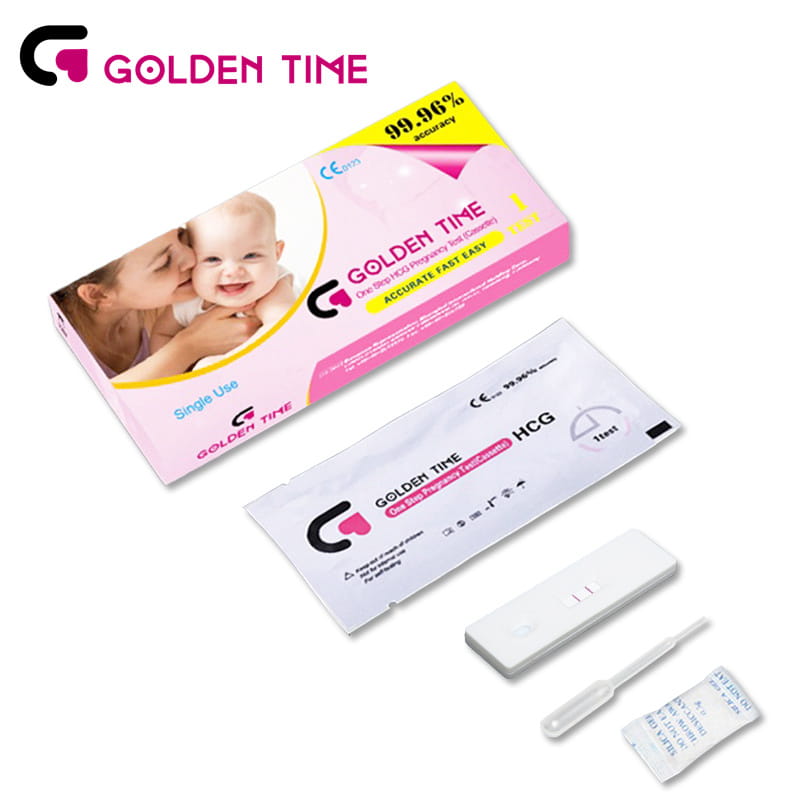Déc . 23, 2024 22:26 Back to list
Suppliers of Pregnancy Test Strips for Reliable Home Testing Solutions
Choosing the Right Pregnancy Strip Supplier Key Considerations
Pregnancy tests have become an essential tool for many individuals and couples trying to conceive, as well as for those wanting to confirm their reproductive health. Pregnancy strips, which are among the most accessible and user-friendly options available today, allow for quick and private testing. As the demand for these products continues to grow, selecting the right pregnancy strip supplier becomes paramount for retailers, healthcare providers, and individuals alike. This article will highlight the critical factors to consider when choosing a pregnancy strip supplier to ensure quality products and reliable service.
1. Quality of Products
The foremost consideration when selecting a pregnancy strip supplier is the quality of the products. High-quality pregnancy strips should be highly sensitive to the hormone hCG (human chorionic gonadotropin), which is present in urine during pregnancy. Look for suppliers that adhere to national and international testing standards, such as CE marking in Europe or FDA approval in the United States. Transparent suppliers often provide documentation and certifications that can validate the reliability of their products.
2. Supplier Reputation
The reputation of a supplier can significantly influence the decision-making process. Researching potential suppliers through online reviews, testimonials, and industry experience can provide insights into their reliability and customer service. Established suppliers with a strong track record in the market are often more trustworthy. Engaging with existing customers or industry professionals can further affirm the supplier’s credibility.
While the primary focus may be on pregnancy strips, it is beneficial to consider suppliers that offer a broader range of reproductive health products. A diversified supplier can facilitate easier procurement for businesses, allowing them to source multiple related products from one place. This can include ovulation tests, fertility kits, and general women's health products. Moreover, a supplier with a wide variety of pregnancy tests can also accommodate different customer needs and preferences, such as test sensitivity and format.
4. Pricing and Affordability
pregnancy strip supplier

Pricing is a crucial factor in any purchasing decision. While quality should never be compromised, it is essential to find a supplier that offers competitive pricing without sacrificing the integrity of the product. Many suppliers provide bulk order discounts, which can be advantageous for retailers and clinics. It is also wise to compare prices among various suppliers to ensure you are getting the best deal available.
5. Customer Support and Service
The purchasing experience does not end with the acquisition of products; post-purchase support is equally important. Suppliers that offer robust customer support can help address operational challenges, answer queries, or offer assistance with handling issues such as returns or product recalls. Quick response times and knowledgeable support staff can significantly enhance the supplier relationship.
6. Logistics and Shipping
Efficient logistics and shipping processes can make a significant difference, especially for businesses that rely on timely deliveries of products. It is important to evaluate a supplier’s shipping policies, delivery times, and options available for tracking orders. A supplier that provides reliable and prompt shipping can help maintain stock levels and ensure that customers receive their products in a timely manner.
7. Ethical Practices
Lastly, consider a supplier’s commitment to ethical business practices. This includes transparency in their manufacturing processes, labor practices, and adherence to environmental regulations. Choosing a supplier that prioritizes sustainability and ethical sourcing can enhance your brand’s reputation and appeal to increasingly conscious consumers.
Conclusion
Selecting the right pregnancy strip supplier is a decision that carries significant weight for businesses and personal users alike. By focusing on the quality of products, reputation, product range, pricing, customer support, logistics, and ethical practices, stakeholders can make informed choices. This careful selection process will not only ensure reliable and effective pregnancy tests but also foster lasting partnerships that enhance overall success in the reproductive health market.
-
Dengue NS1 Rapid Diagnostic Test Kit
NewsMar.07,2025
-
Dengue NS1 Rapid Diagnostic Test Kit
NewsMar.07,2025
-
Dengue NS1 Rapid Diagnostic Test Kit
NewsMar.07,2025
-
Transferrin Rapid Test Cassette Tumor Marker TF Card
NewsMar.07,2025
-
Malaria Pf Pan Rapid Diagnostic Test Kit
NewsMar.07,2025
-
malaria pf / pan ag rapid test
NewsMar.07,2025

